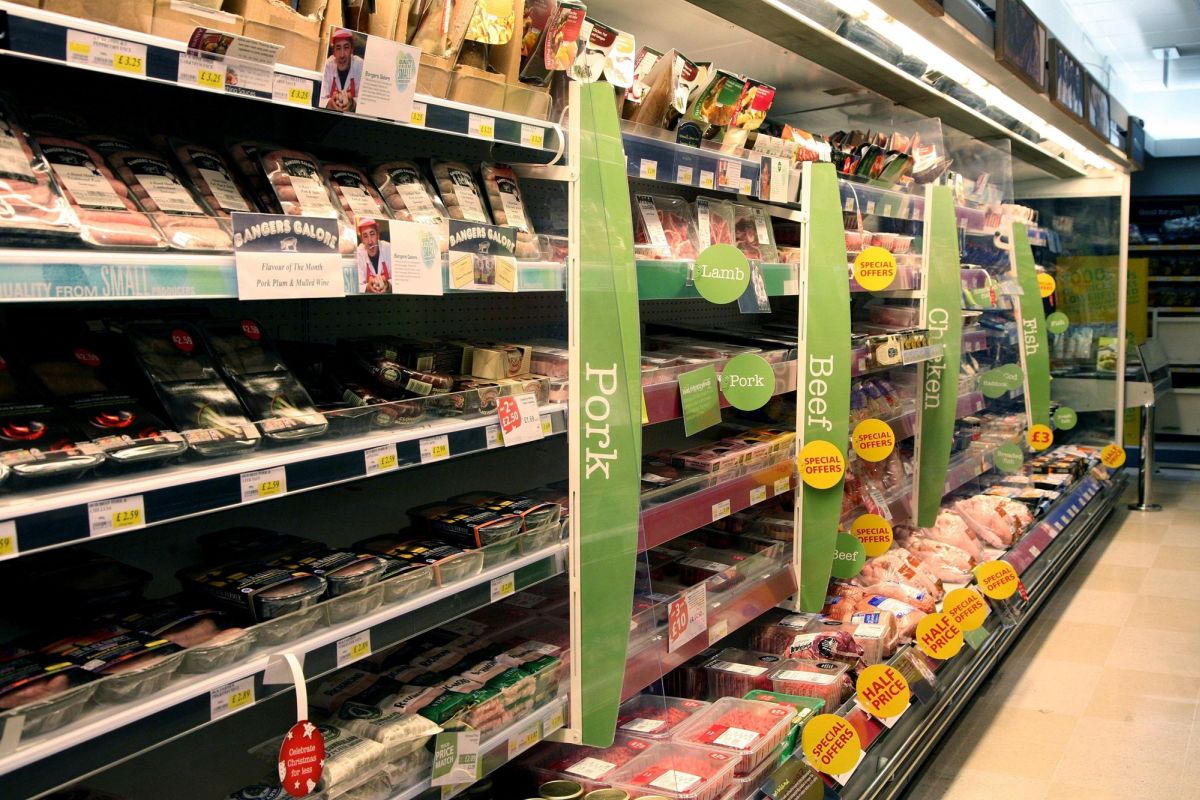
The farming sector has called for a better balance in the supply chain to be a key objective for the New Year.
The Tenant Farmers Association (TFA) has highlighted the need for a better functioning food supply chain as a basic element of the UK’s post-Brexit planning.
TFA National Chairman Stephen Wyrill said there is a 'growing recognition' that the food supply chain in the UK is 'dysfunctional'.
“All too often it is the farming community which bears the brunt of the problems that this produces. Poor returns, last-minute changes in orders and specifications, unfair competition from abroad and poor labelling are all contributing to the pressures at farm level,” Mr Wyrill said.
“Sadly, well-meaning initiatives aimed at improving supply chain relationships on a voluntary basis have failed to have the necessary traction across the board. The TFA therefore welcomed the creation of the Groceries Code Adjudicator in 2013 as a major step forward in beginning to tackle the patent market failure that exists in the retail supply chain for groceries
“We must deepen and broaden the Adjudicator’s powers and work to address problems in other areas,” said Mr Wyrill.
Three changes
The TFA has responded to the Government’s recent consultation on the performance to date of the Groceries Code Adjudicator and the scope for increasing the Adjudicator’s powers to argue for three main changes.
Firstly, to extend the remit of the Adjudicator further upstream to look at relationships between farmers and processors in the retail supply chain.
Secondly, to have the responsibility to report on how returns within retail supply chains are shared between producers, processors and retailers.
And lastly to have the ability to instigate short or no notice inspections of processors and retailers to ensure ongoing compliance with the statutory principles of fair trading.
“The consultation was certainly timely and we must ensure that the Government presses ahead to put in place the new powers for the Adjudicator without delay. Having the ability to look at the whole of the supply chain and having powers of inspection will together provide a potent check against bad practice within the supply chain,” Mr Wyrill said.
“The availability of information on returns will be of great assistance in allowing farmers and farmer groups to negotiate better deals with processors and retailers.
'Resilient agricultural sector'
Mr Wyrill said there is 'much talk' about the need to create a more resilient agricultural sector.
“As we head towards the EU exit door we must use the coming year to look at how we can build that resilience by developing the means to require all food sold through retail and food service outlets to be at least to Red Tractor standards, better labelling to reflect country of origin, strategies for import substitution and a requirement that all public food procurement should specify British as a basic requirement.
“We need to have access to the full toolkit of measures including a lion of an Adjudicator with the teeth to make a difference when required. 2016 has been an interesting and busy year and the pace of activity is unlikely to get any slower in 2017.
“The agenda of issues we need to look at in the context of Brexit seems to get longer every day and we must make some real progress on working our way through those issues without delay,” said Mr Wyrill.
